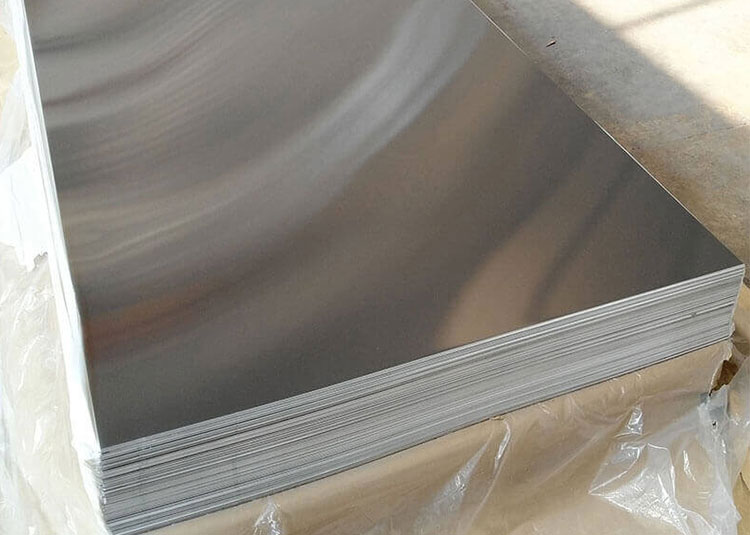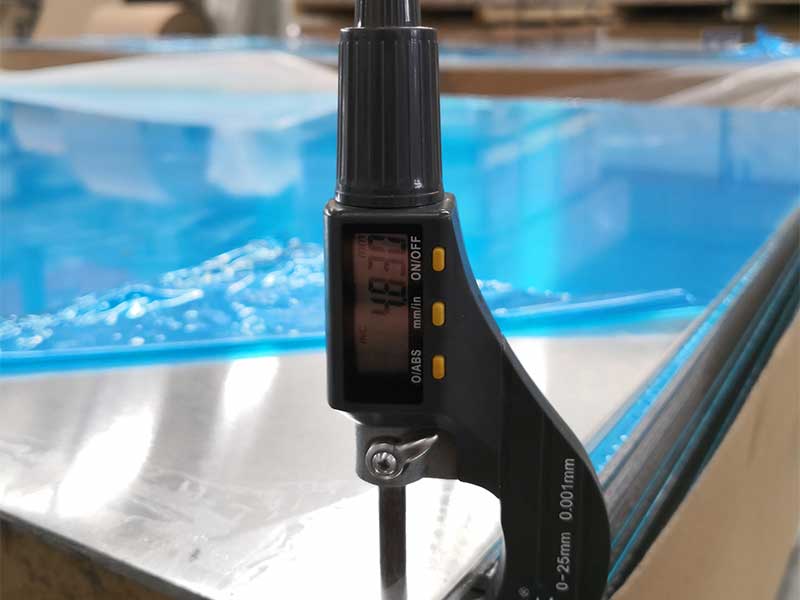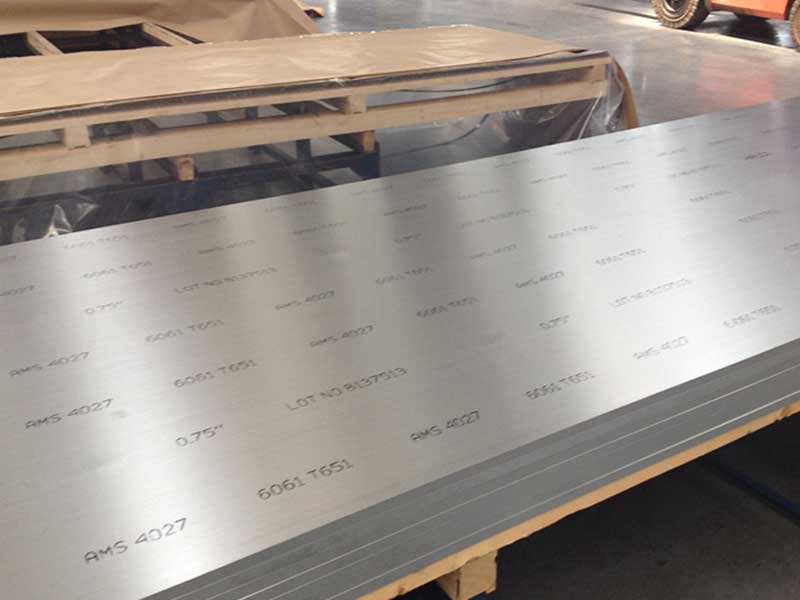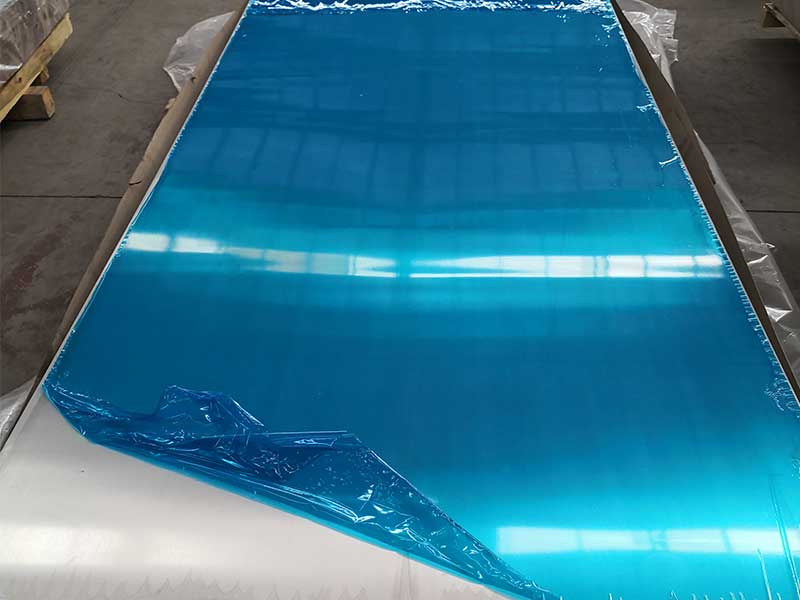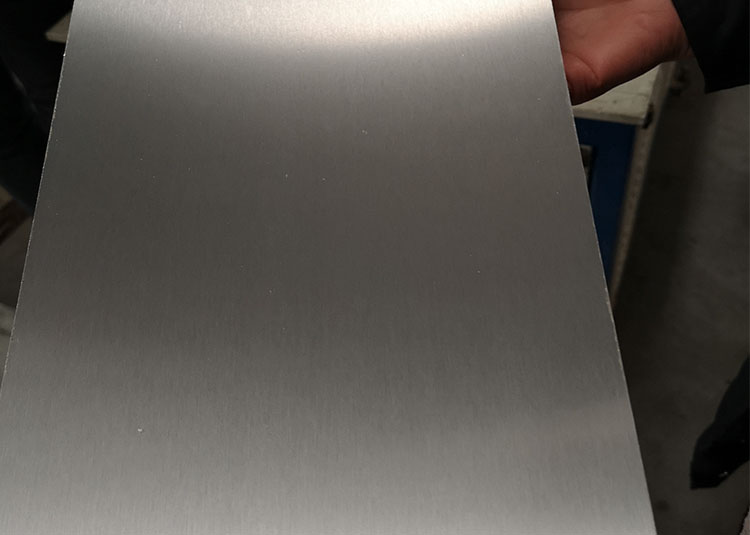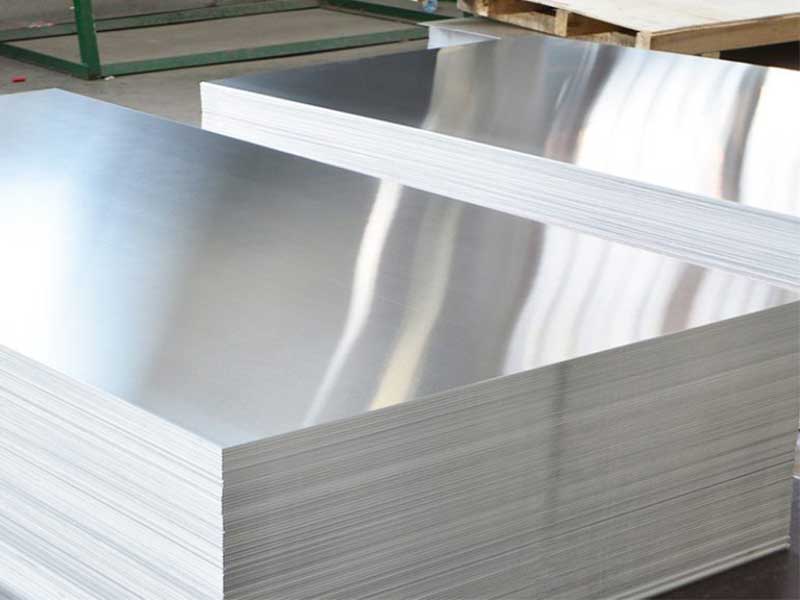Aluminium plate metal
Aluminium plate metal is a versatile and widely-used material in various industries due to its innovative properties. Known for its lightweight yet durable framework, aluminium plates have become an essential component in construction, automotive, aerospace, and manufacturing sectors.
Features of Aluminium Plate Metal
-
Lightweight: A crucial advantage of aluminium plate metal is its low density. This characteristic allows for ease of handling and reduces the weight burden on structures and vehicles. Its lightweight nature is a significant factor in industries where weight reduction translates to fuel efficiency and performance.
-
Corrosion Resistance: Aluminium naturally develops a protective oxide coating, which safeguards it from corrosion and extends its lifespan. This feature renders aluminium plate metal ideal for structures exposed to harsh environments, such as marine applications or industrial settings.
-
Outstanding Machinability: Aluminium plates are known for their excellent machinability. They can be easily cut, formed, and welded, allowing manufacturers to create complex shapes and custom sizes tailored to specific projects.
-
Thermal and Electrical Conductivity: Aluminium excels in conducting heat and electricity, making aluminum plate metal a preferred choice for components like heat exchangers, electrical enclosures, and more.
-
Recyclability: With growing environmental concerns, the recyclability of materials is a sought-after quality. Aluminium is 100% recyclable without loss of its properties, making it a sustainable option for eco-conscious enterprises and consumers.
-
Aesthetic Appeal: Aesthetically pleasing finishes, including brushed, polished, or anodized aluminum, enhance the visual appeal of applications ranging from architectural structures to automotive designs.
Applications of Aluminium Plate Metal
-
Construction and Architecture: One of the most widespread uses of aluminium plate metal is in the construction industry. It is used for balconies, facades, roofing systems, and structural frames, leveraging its strength and corrosion resistance. Additionally, aluminium’s ability to blend seamlessly into modern designs makes it popular in contemporary architecture.
-
Automotive Industry: The push for lighter vehicles to improve fuel efficiency has led to an increase in the use of aluminium plate metal in automotive manufacturing. Cars, trucks, and buses utilize aluminium for body panels, engine components, and wheel rims, significantly reducing overall vehicle weight while maintaining safety standards.
-
Aerospace: In the aerospace sector, the need for lightweight and durable materials is paramount. Aluminium plate metal is a common choice for aircraft structures, including fuselage panels and wing skins, adhering to stringent safety and performance guidelines. Its incredible strength-to-weight ratio is invaluable in this highly demanding industry.
-
Marine Applications: Given its corrosion resistance, aluminium plate metal is frequently used in marine environments. Boat hulls, decks, and other components benefit from the longevity and performance characteristics of aluminium, ensuring safety and durability on the water.
-
Manufacturing and Prototyping: Industries engaged in manufacturing and rapid prototyping often use aluminium plate metal for its ease of fabrication. From creating parts and components to industrial machinery, its properties allow for quick turnaround times and cost-effective production.
-
Cookware and Appliances: In consumer products, aluminium plates are utilized in cookware due to their excellent heat conductivity, ensuring even cooking. Kitchen appliances also benefit from lightweight aluminium for design and ease of use.

